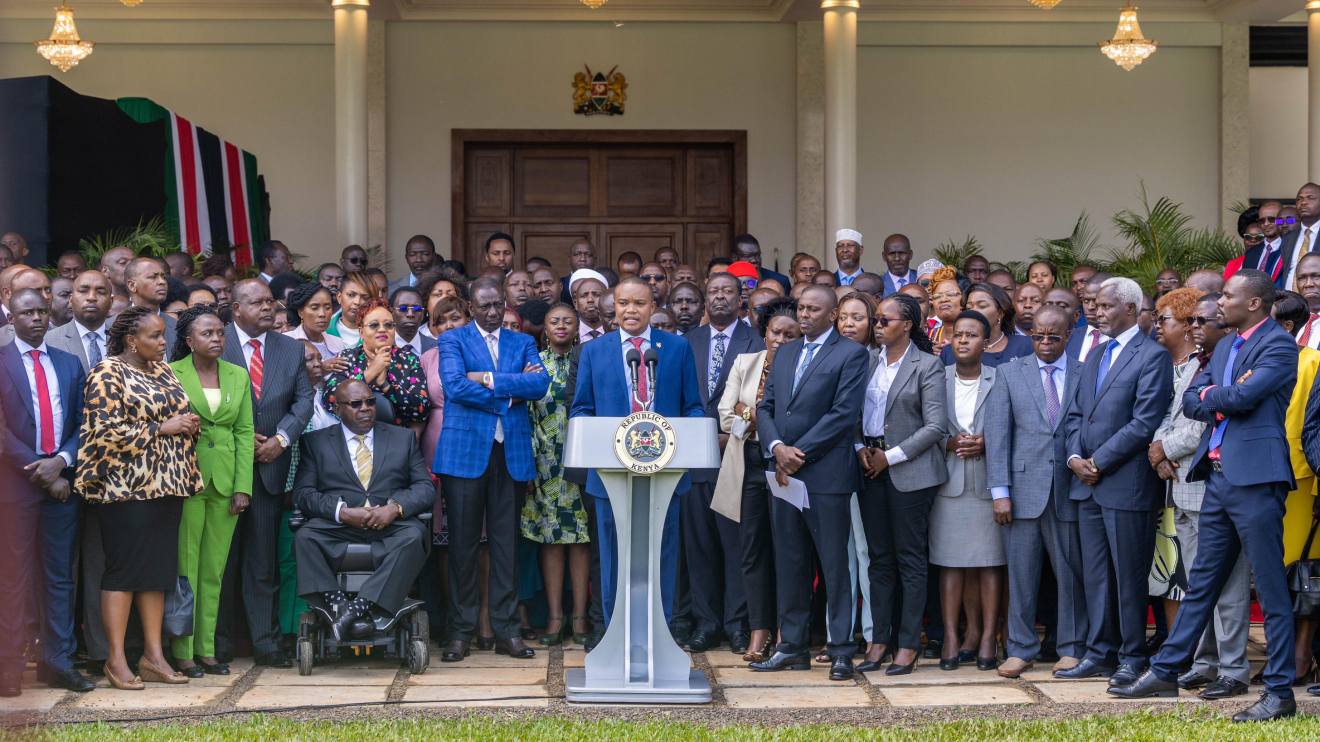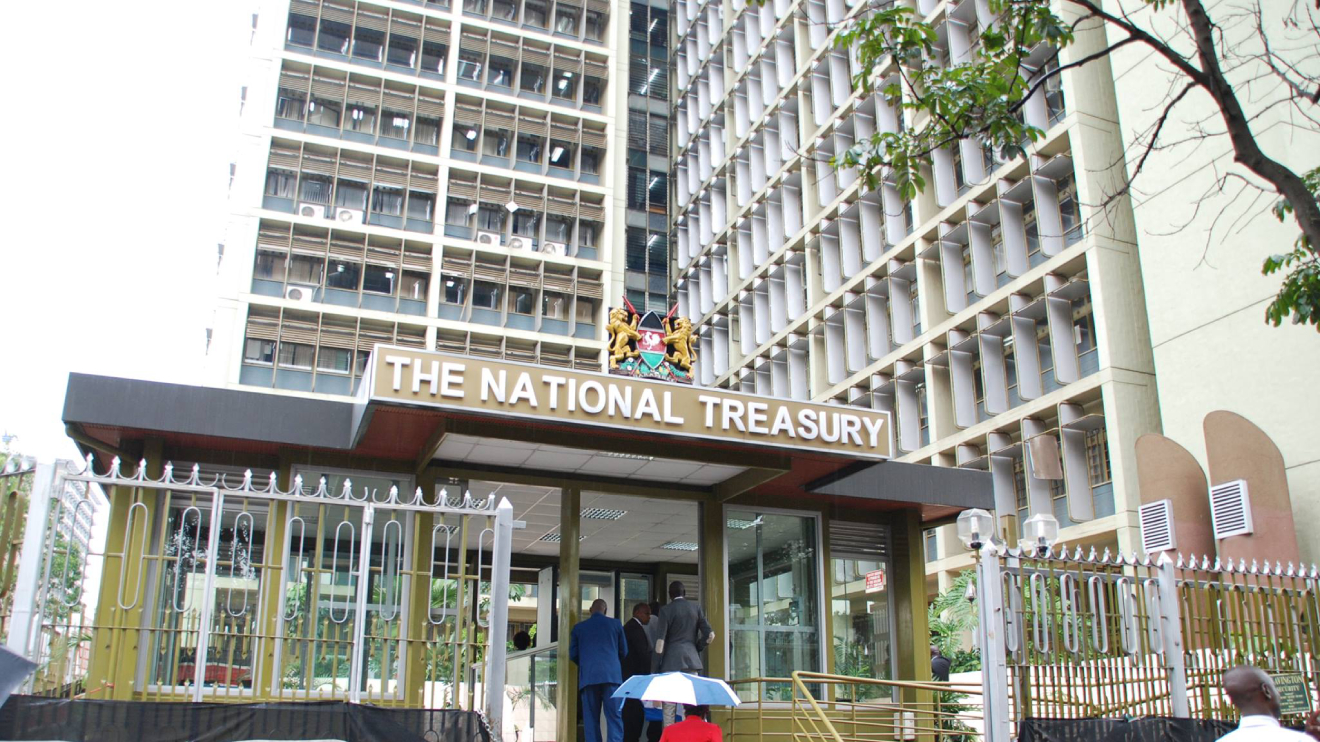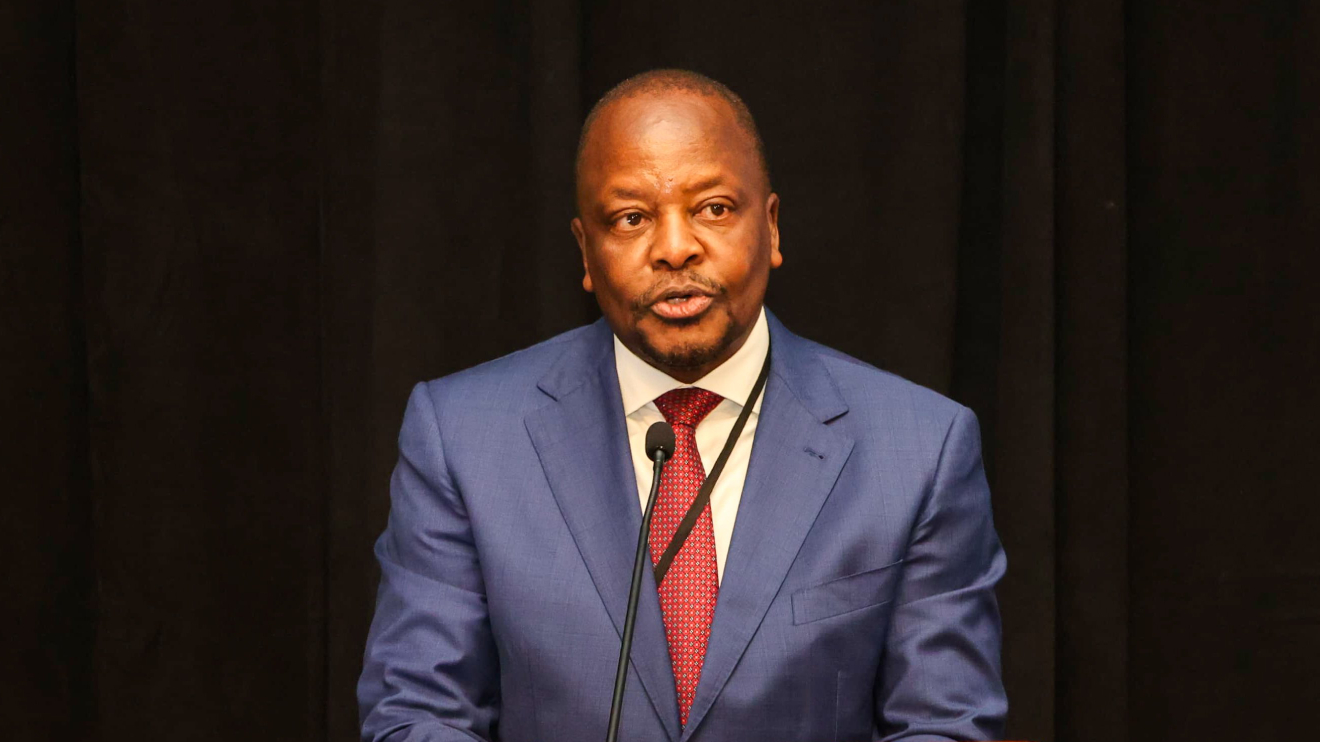In response to widespread street protests, President William Ruto has announced significant revisions to the Finance Bill 2024, effectively dropping several contentious tax proposals.
The decision comes after a comprehensive briefing by the Finance Committee of the National Assembly to the Kenya Kwanza Parliamentary Group on Tuesday.
Following extensive consultations, the Finance Committee has decided to eliminate several proposed taxes, including the contentious 16 per cent VAT on bread and VAT on the transportation of sugar.
Additionally, the VAT on financial services and foreign exchange transactions has been removed, and there will be no increase in the tax on mobile money transfers.
The 2.5 per cent Motor Vehicle Tax has been scrapped, and the excise duty on vegetable oil has been lifted.
Read More
Moreover, the levies on the Housing Fund and Social Health Insurance will now become income tax deductible, thus preventing these levies from attracting additional income tax.
This change is expected to significantly increase disposable income for employees.
Importantly, an Eco Levy will be applied exclusively to imported finished products, exempting locally manufactured goods.
This policy aims to boost Kenya’s manufacturing capacity, create jobs, and conserve foreign exchange.
As a result, locally produced items such as sanitary towels, diapers, phones, computers, tyres, and motorcycles will not be subject to the Eco Levy.
In a bid to support small businesses, the threshold for VAT registration has been raised from Sh5 million to Sh8 million, exempting many small enterprises from needing to register for VAT.
Additionally, the responsibility for electronic invoicing ETIMS has been lifted from farmers and small businesses with a turnover below Sh1 million.
To protect local farmers, excise duty has been imposed on imported table eggs, onions, and potatoes.
In the alcohol industry, excise duty will now be based on alcohol content rather than volume, encouraging manufacturers to produce safer and cheaper alcohol.
Further adjustments include an increase in the pension contributions exemption from Sh20,000 to Sh30,000 per month.
Funding provisions have also been made, with Sh18 billion allocated for the employment of 46,000 Junior Secondary teachers currently on internship.
Additionally, funds are set aside to hire 20,000 interns next month, transitioning teachers from internship to permanent and pensionable terms.
President Ruto emphasised the government's commitment to making tough decisions in the best interest of the nation, highlighting the progress achieved following last year’s Finance Bill 2023.
He also praised national institutions for their effective functioning within a democratic framework, noting that the National Assembly had appropriately revised the Finance Bill prepared by the Executive.
The President's address underscored the ongoing collaboration between the Executive and the Legislature to ensure prudent decision-making, reflecting the dynamic and democratic nature of Kenya's governance.







-1757243598.jpg)